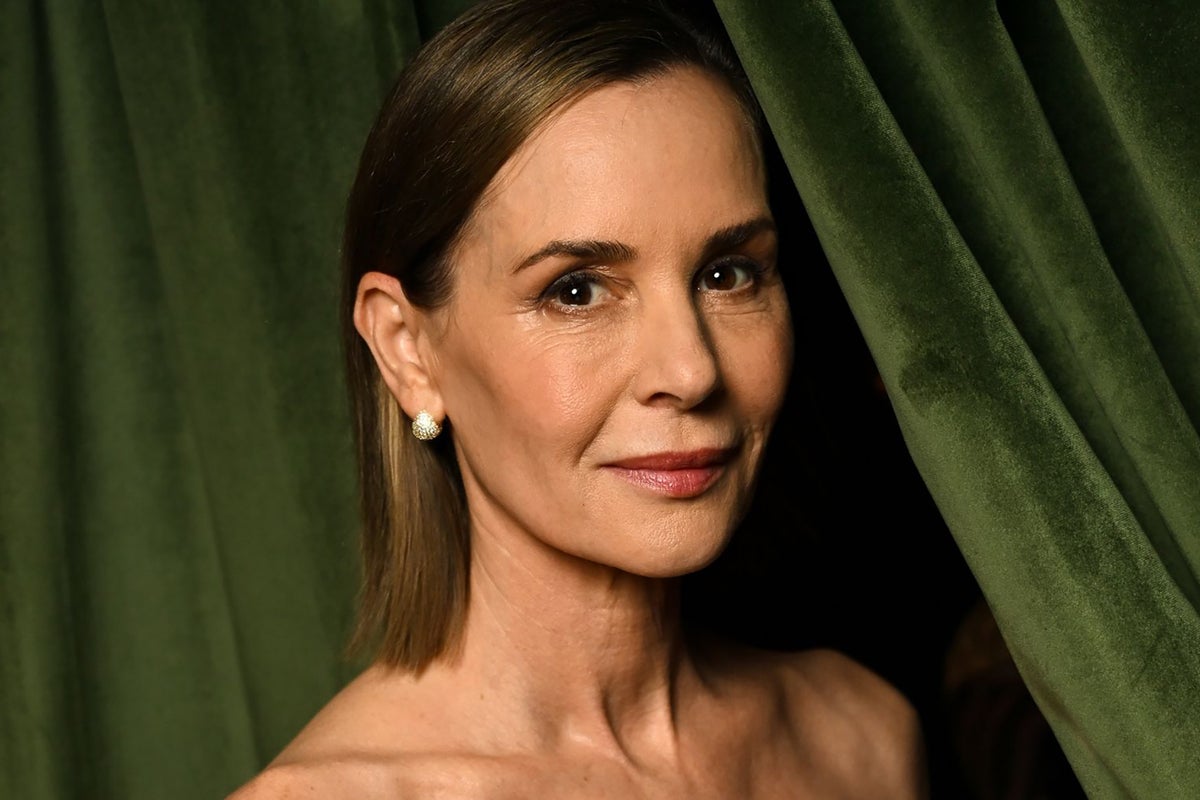Get the latest entertainment news, reviews and star-studded interviews with our Independent Culture email Get the latest entertainment news with our free Culture newsletter Get the latest entertainment news with our free Culture newsletter Email * SIGN UP I would like to be emailed about offers, events and updates from The Independent. Read our Privacy notice
When she was eight years old, the actor Embeth Davidtz was pulled out of her home in New Jersey and flown with her South African parents to Pretoria, amid the particularly volatile years of the country’s apartheid system. It was 1974, and while Davidtz’s father took a job as a chemical engineering professor, the country itself was a powder keg, with the ruling white populace losing their power, and political unrest in the streets. “The world around me suddenly became very threatening,” Davidtz remembers. “You’d hear grown-ups talking about threats, about break-ins and standoffs. My parents weren’t outspokenly racist, but they didn’t address the elephant in the room. They didn’t say, ‘Look around you – this is wrong.’ So, because I was a child, I absorbed the fear, the bigotry and the casual violence around me.”
In her early twenties, Davidtz moved back to the US to pursue acting, and found fame as the terrified Jewish maid Helen in Steven Spielberg’s Schindler’s List, and later as the angelic school teacher Miss Honey in Danny DeVito’s Matilda. She would discuss South Africa in interviews, but rarely the specifics of what she witnessed, or the trauma it left behind in her. Or how her political awakening in university shaped her worldview.
Continue Reading on The Independent
This preview shows approximately 15% of the article. Read the full story on the publisher's website to support quality journalism.
